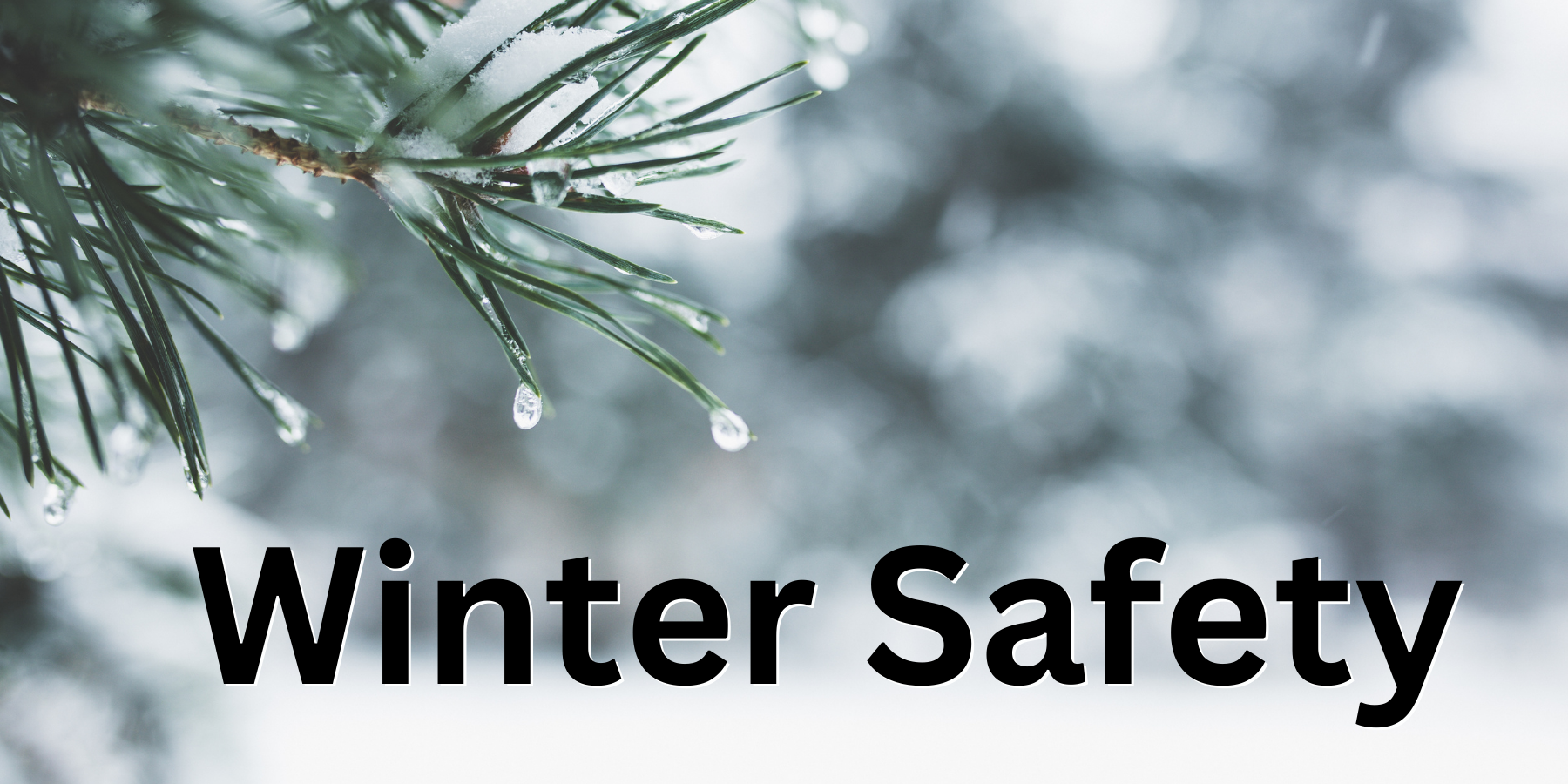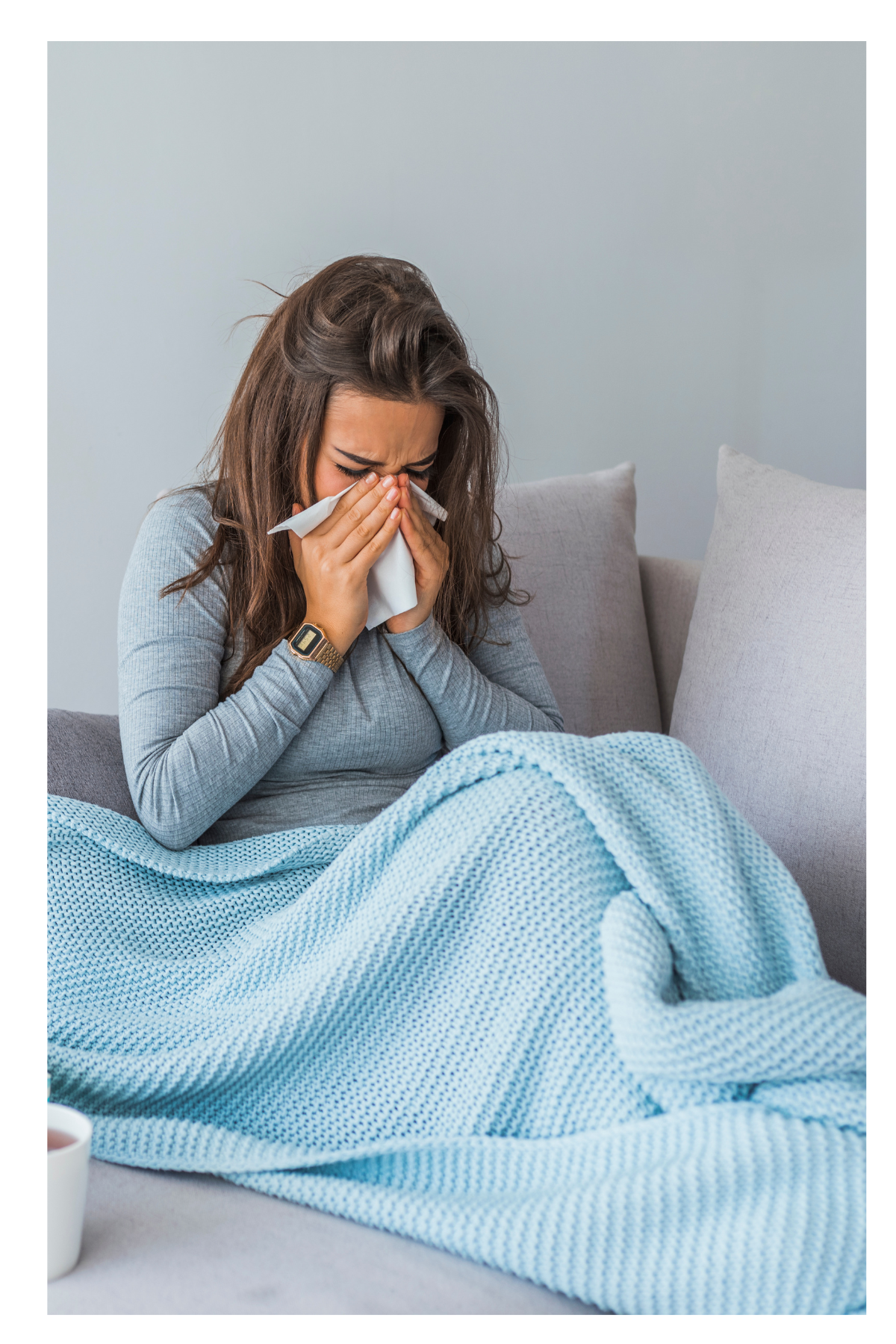

Immunity is your body’s defense against foreign organisms, like viruses. Taking care of yourself will help your immune system take care of you. The following will help protect your immune system:
The spread of disease poses a risk to the entire community, including healthy and young adults. Disease surges sometimes overwhelm doctors' offices and hospitals,pushing back care for other patients. Disease surges may also shut down schools, prevent drop-off at daycare, and disrupt special holiday events.
It is important to choose daily healthy actions that will support your immune system AND actions that help prevent the spread of disease. This effort will help slow the spread of RSV, flu, COVID-19, colds, and other diseases in the community.
Preventative actions you can take now include:

Viruses spread year-round, but Idaho often sees a significant increase in several disease in the fall and winter. Epidemologists blame this disease surge on a few factors:
The following include some of the most common diseases we see in south central Idaho every fall and winter and methods to protect your health:
Learn more about respiratory viruses below or here here.
The flu season typically starts in the fall or early winter and peaks midwinter. Older adults, young children, and people with compromised immune systems (from pregnancy, medication, other illness, obesity, etc.) are at higher risk of severe symptoms from the disease.
The flu typically travels on commonly touched surfaces and when people share saliva (spit). Along with immunization, you can help prevent the spread of flu by covering your coughs and sneezes, washing your hands regularly, avoiding close contact with other people, and staying home when you are sick.
See state Influenza data here.
COVID-19 spreads mainly through saliva (spit). When someone sneezes, coughs, or speaks, saliva droplets may be breathed in by people in close proximity. Additionally, if someone wipes their mouth or sneezes in their hands saliva droplets can be left on the next surface that person touches and infect other people who touch the surface.
Like the flu, the COVID-19 virus travels on commonly touched surfaces and when people share saliva (spit). Keep up to date on your COVID-19 booster shots, cover your coughs and sneezes with a tissue or your elbow, wash your hands regularly, avoid close contact with other people, and stay home when you are sick.
Learn more about COVID and see regional risk here.
RSV is most severe in infants and older adults, but people of any age can carry the virus. There is a vaccine available for adults over 65 years and high risk children 8 to 19 months old.
To protect children in your community:
See the latest RSV data in Idaho here.
Learn more about the vaccine here.
Cold viruses are common and spread quickly. Most people will recover from a cold at home, but young children and older adults may have more severe symptoms. In some cases, a cold may lead to a more severe disease like pneumonia. Protect the vulnerable in your community by staying home when you are sick, washing your hands well, and covering your coughs and sneezes.